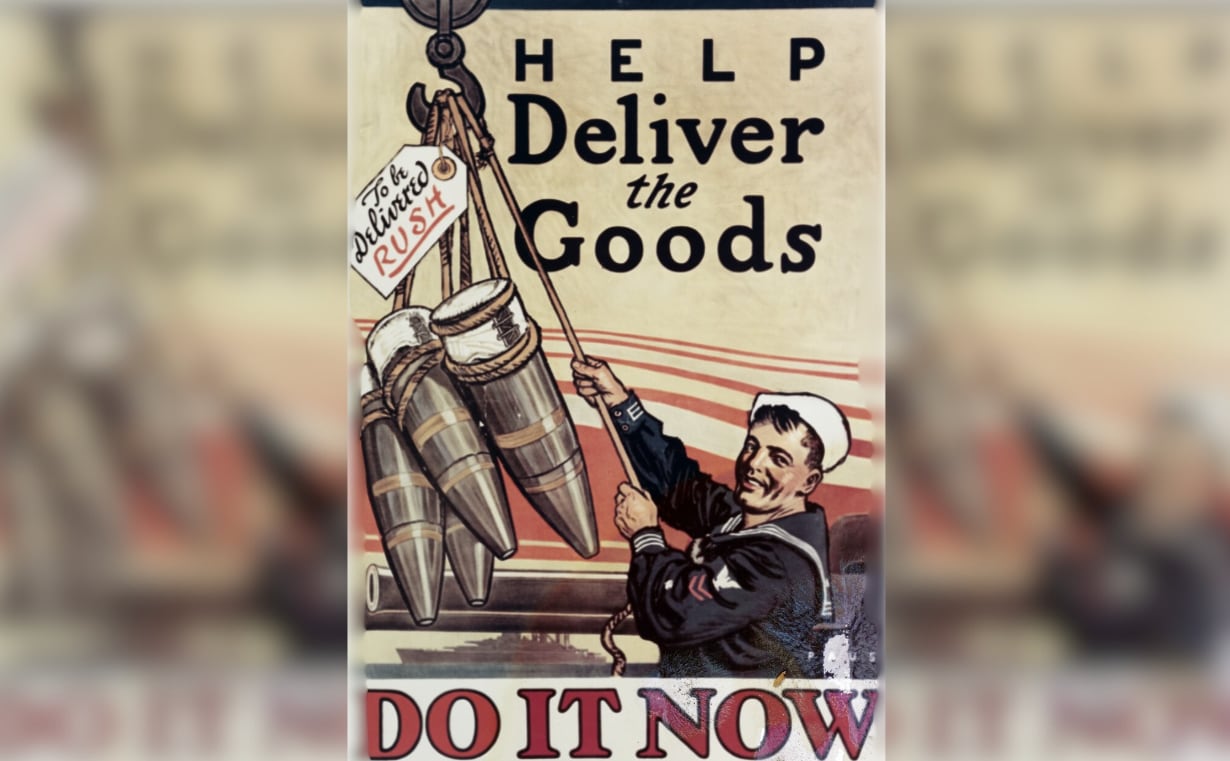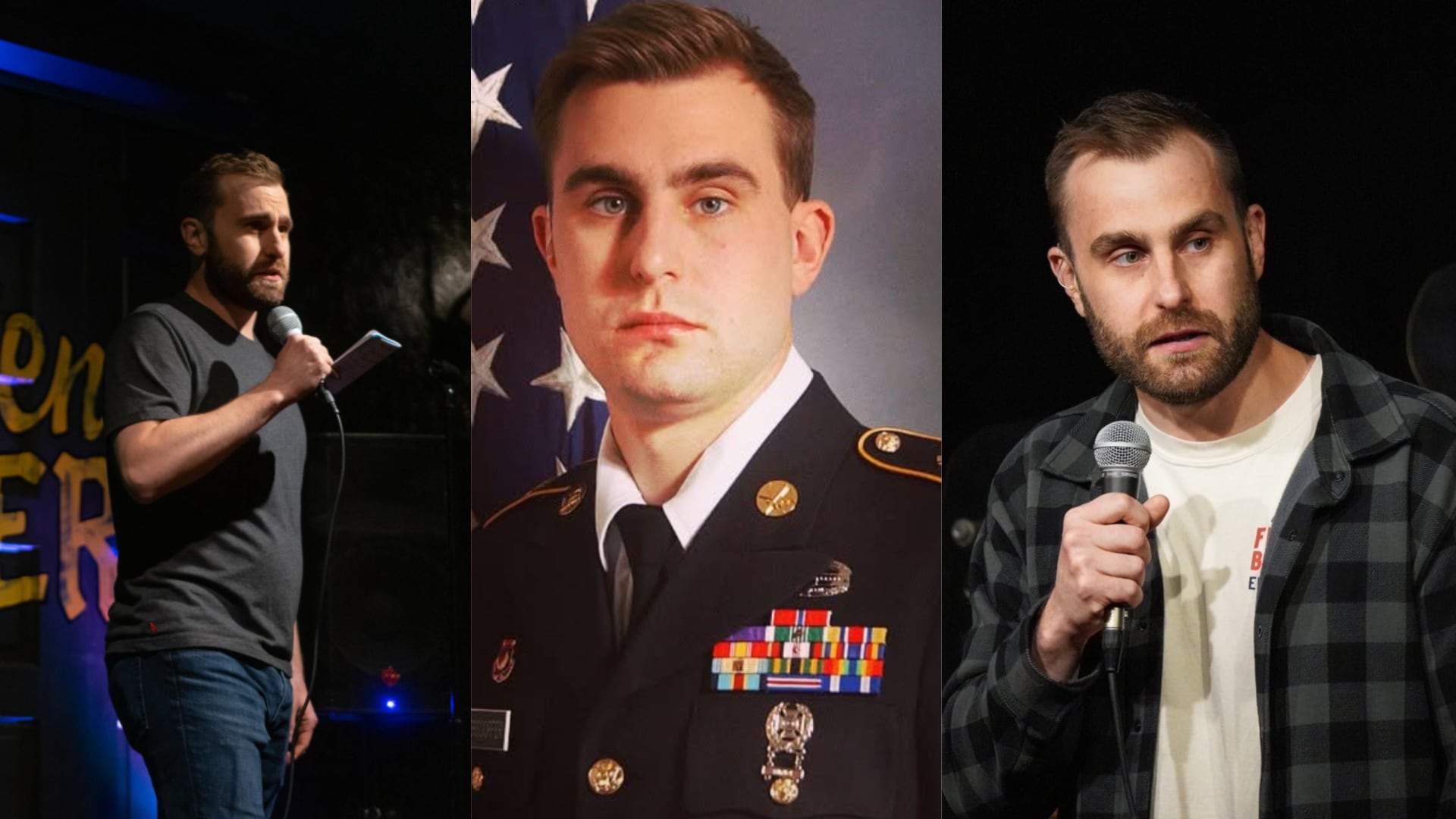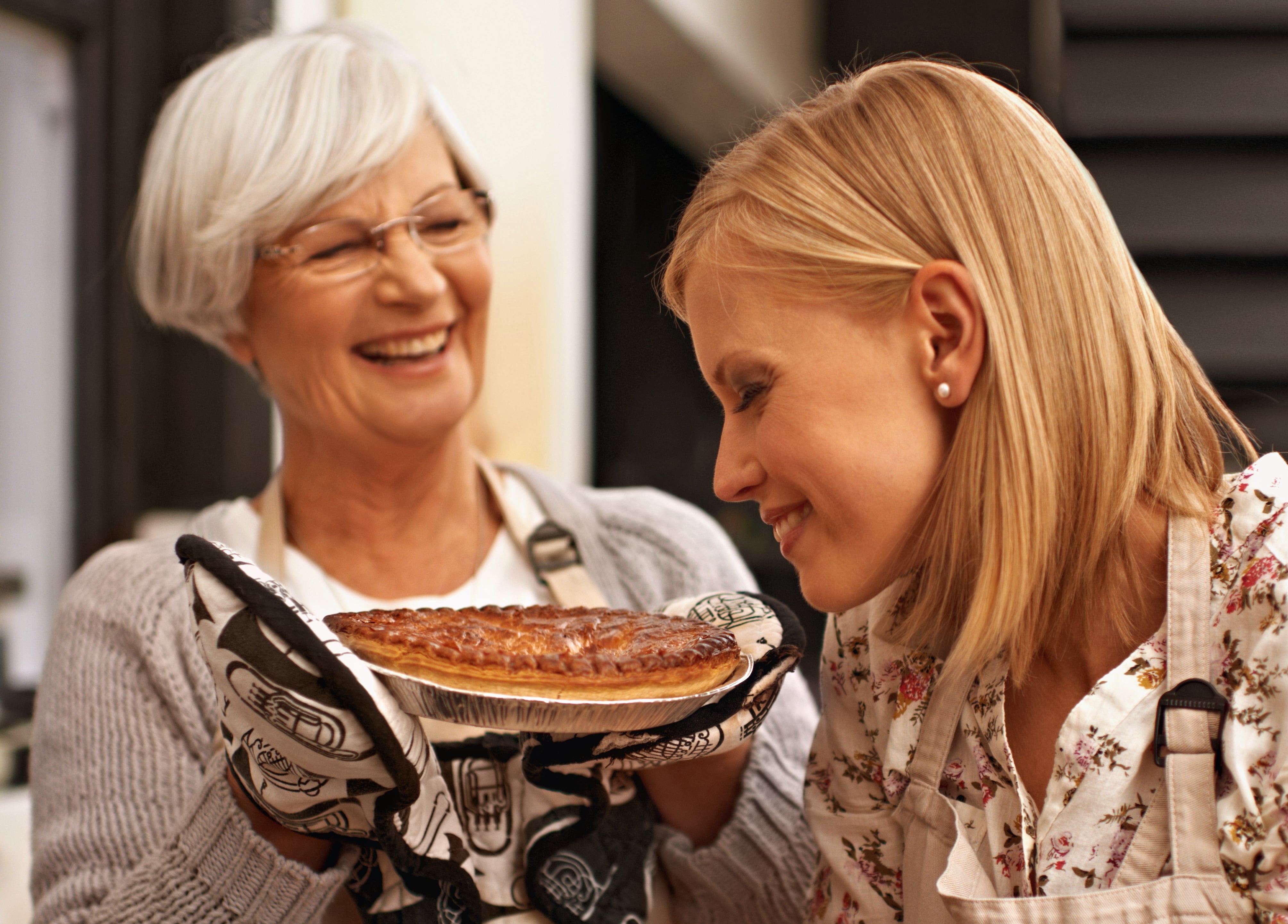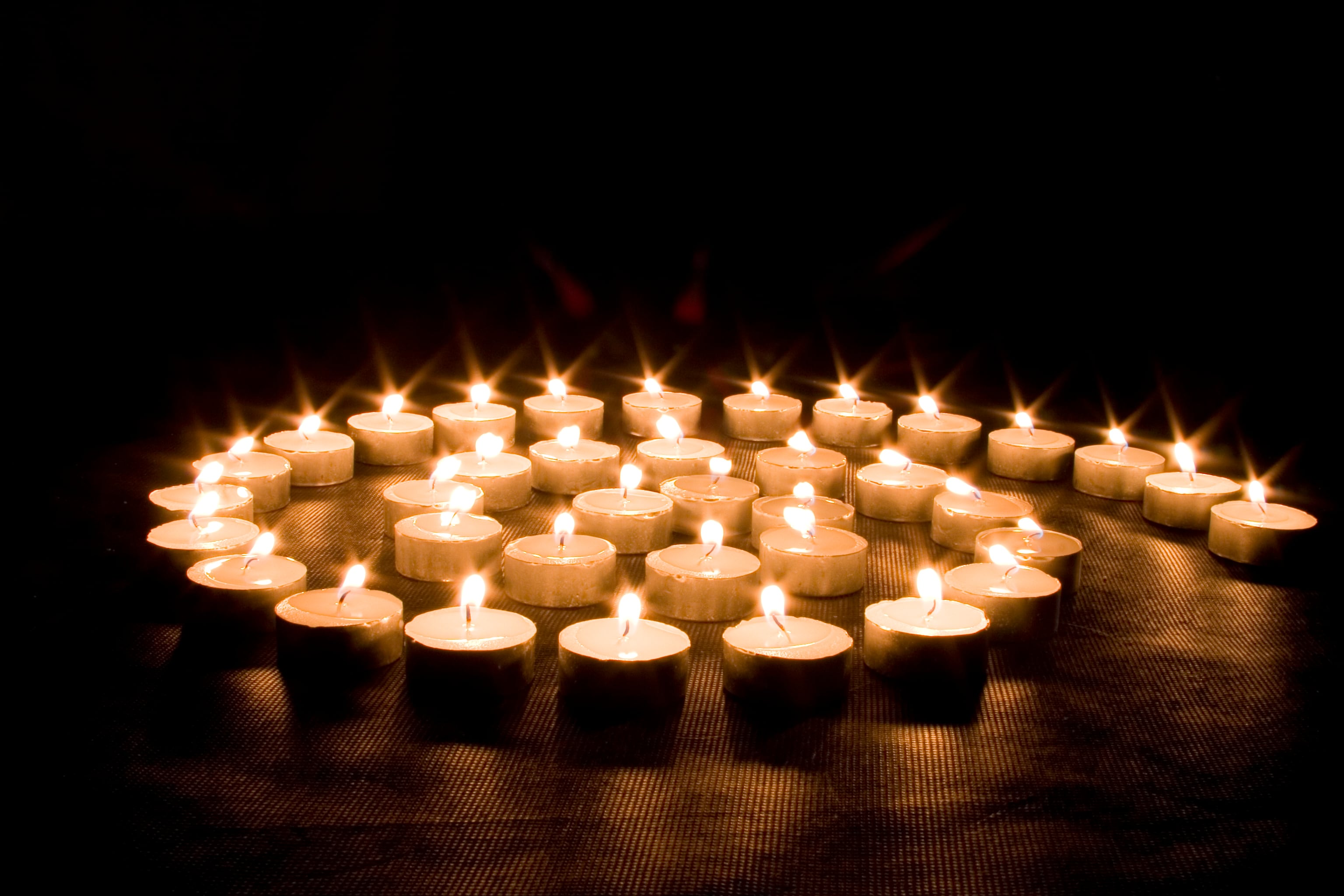It takes a unique perspective to witness the suffering of innocent people and think, “How can I turn this into a profitable enterprise?”
That’s where Matt Colvin comes in. The 36-year-old former Air Force tech sergeant has, in the past, turned an annual profit that has reportedly exceeded $100,000 while buying and selling trendy items at significantly marked-up prices.
So, when Matt and his brother Noah caught wind of the first coronavirus-related fatality in the U.S., they got to work, hitting every store in the vicinity of their Chattanooga, Tennessee, home, leaving in their wake barren shelves that used to hold products vital to those in need.
But when you have an insatiable thirst for monetizing the plight of the medically afflicted, a few Chattanooga drugstores simply won’t suffice.
With money on their minds, Noah hit the highway for a 1,300-mile sanitation tour of stores scattered throughout Tennessee and Kentucky, a journey that was featured in a recent New York Times story that some could argue was considerably more diplomatic than the story’s subjects deserved.
Back home, Matt began listing the hoarded Chattanooga inventory on Amazon. In a matter of days all 300 containers the brothers purchased in Chattanooga were sold for prices that ran as high as $70 per bottle.
Colvin’s formula was working once again. Just one month earlier, the Air Force veteran purchased 2,000 kits designed for pandemic survival at $3.50 per bundle, according to the New York Times report. Every last bundle was sold, with the cheapest kit going for $40.
On March 13, President Donald Trump declared a national emergency as the coronavirus pandemic continued to wreak havoc. But for the Colvins, business was booming. That was until both Amazon and eBay pulled the plug on price-gouging coronavirus schemes like the one the Colvins were operating out of their storage units.
“Price gouging is a clear violation of our policies, unethical, and in some areas, illegal,” Amazon said in a recent statement. “In addition to terminating these third party accounts, we welcome the opportunity to work directly with states attorneys general to prosecute bad actors.”
Colvin subsequently received a cease-and-desist letter from the Tennessee attorney general’s office citing a state law that prohibits sharp price markups for essential goods in the wake of a disaster, the New York Times confirmed.
Just like that, the Air Force veteran found himself in possession of nearly 18,000 bottles of hand sanitizer with zero marketability. You just hate to see it.
“It’s been a huge amount of whiplash,” Colvin told the New York Times. “From being in a situation where what I’ve got coming and going could potentially put my family in a really good place financially to ‘What the heck am I going to do with all of this?’”
Death tolls may be soaring, but the potential panic ignited by the thought that Colvin’s spawn may one day be unable to afford a top-tier, out-of-state college tuition is just too great to fathom.
Still, Colvin remained steadfast. Talking to the New York Times, he adamantly insisted he was in the right to sell Purell hand sanitizer for 10 times its retail value.
“I honestly feel like it’s a public service,” he said, for reasons unknown to logical thinkers. “I’m being paid for my public service.
“If I can make a slight profit, that’s fine,” he continued. “But I’m not looking to be in a situation where I make the front page of the news for being that guy who hoarded 20,000 bottles of sanitizer that I’m selling for 20 times what they cost me.”
Whoops!
It turns out front page public shame and investigations by the Tennessee attorney general’s office were just what Matt needed. On Sunday, Colvin’s garage was emptied out following a bulk donation and help from local church members who will distribute the hoarded products to an increasingly desperate public.
J.D. Simkins is the executive editor of Military Times and Defense News, and a Marine Corps veteran of the Iraq War.
Tags:
hand sanitizer shortagecoronavirus hand sanitizercoronavirus symptomscoronavirus prevention measurescoronavirus militarycoronavirus death tollcoronavirus treatmentpanic buying coronavirusMatt Colvin hand sanitizerMatt Colvin hand sanitizer price gougingIn Other News















